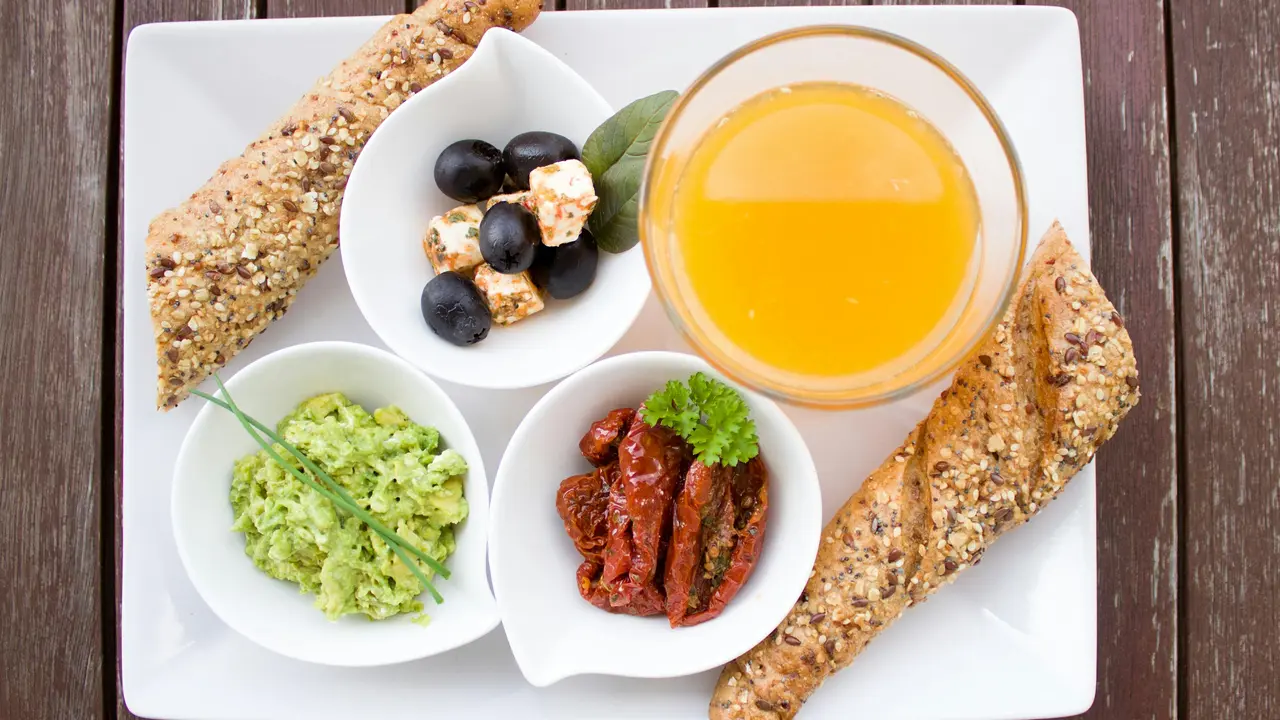Are you wondering, “does yeast extract have gluten”? You’re not alone! This common ingredient is often found in many processed foods, and for those with gluten sensitivities or celiac disease, understanding its gluten content is crucial. In this article, we’ll delve into the truth behind yeast extract, exploring its ingredients, production process, and whether or not it contains gluten. Get ready to uncover the facts!
Understanding Yeast Extract: What Is It?
Yeast extract is a food ingredient made from yeast, often derived from the same microorganisms used in brewing and baking. It’s popular in the food industry for its ability to enhance flavors and provide a savory umami taste.
How Is Yeast Extract Made?
The production of yeast extract involves several steps:
- Fermentation: Yeast cells are cultivated in a nutrient-rich environment.
- Autolysis: The yeast cells are broken down, releasing proteins and other compounds.
- Filtration: The mixture is filtered to remove the cell walls and impurities, resulting in a concentrated extract.
Does Yeast Extract Have Gluten? The Facts
The main question we set out to answer is, “does yeast extract have gluten?” The answer depends on the source of the yeast and the manufacturing process. Typically, yeast extract is made from baker’s yeast or brewer’s yeast, which does not naturally contain gluten. However, cross-contamination can occur during processing.
Types of Yeast Extracts
It’s essential to differentiate between various types of yeast extracts:
- Baker’s Yeast: Generally gluten-free, as it is derived from the fermentation of sugar.
- Brewer’s Yeast: May contain gluten if derived from barley, which is a gluten-containing grain.
- Nutritional Yeast: Typically gluten-free, often used as a vegan cheese substitute.
Reading Labels: Ensuring Gluten-Free Yeast Extract
For those who need to avoid gluten, it’s vital to read product labels carefully. Manufacturers are required to disclose allergens, including gluten, on packaging. Look for products that explicitly state “gluten-free” or “made without gluten-containing ingredients.”
Common Products Containing Yeast Extract
Yeast extract can be found in various food items, including:
- Soups and broths
- Snack foods
- Seasoning mixes
- Meat products
Potential Cross-Contamination in Manufacturing
One of the primary concerns regarding gluten in yeast extract is cross-contamination. During processing, if gluten-containing ingredients are handled in the same facility, traces of gluten may find their way into the final product.
Certification and Testing
To mitigate risks, many consumers look for third-party certification or testing:
- Certified Gluten-Free: Products that have undergone rigorous testing.
- Company Transparency: Look for brands that are open about their sourcing and manufacturing practices.
Health Considerations: Is Yeast Extract Safe for Everyone?
While many individuals can safely enjoy yeast extract, those with gluten intolerance or celiac disease should exercise caution. Understanding personal dietary needs is crucial when incorporating yeast extract into one’s diet.
Allergens and Sensitivities
In addition to gluten, some people may be sensitive to other components in yeast extract, such as:
- Monosodium glutamate (MSG)
- Histamines
Conclusion: The Bottom Line on Yeast Extract and Gluten
In summary, the question “does yeast extract have gluten” can vary depending on the source and processing conditions. Generally, yeast extract itself is gluten-free, but it’s crucial to read labels and ensure that no cross-contamination has occurred. For anyone needing to avoid gluten, being informed and mindful is key. If you’re looking for more tips on how to navigate gluten-free living, don’t hesitate to explore our other articles and share your favorite findings with friends!
Gluten – Recent Articles
- Are Jack in the Box French Fries Gluten Free? Find Out Now!
- Does Ice Cream Have Gluten? The Sweet Truth Revealed!
- Are Dandies Marshmallows Gluten Free? Discover the Truth!
- Does Diet Coke Have Gluten? Find Out the Surprising Truth!
- Is Caramel Sauce Gluten Free? Discover the Sweet Truth!
Gluten – Useful Links
- Celiac Disease Foundation – What Is Gluten?
- Mayo Clinic – Gluten-free diet
- NIDDK (National Institute of Diabetes and Digestive and Kidney Diseases) – Eating, Diet & Nutrition for Celiac Disease
- WebMD – 8 Foods High in Gluten and Why You Should Avoid Them
- BeyondCeliac.org
